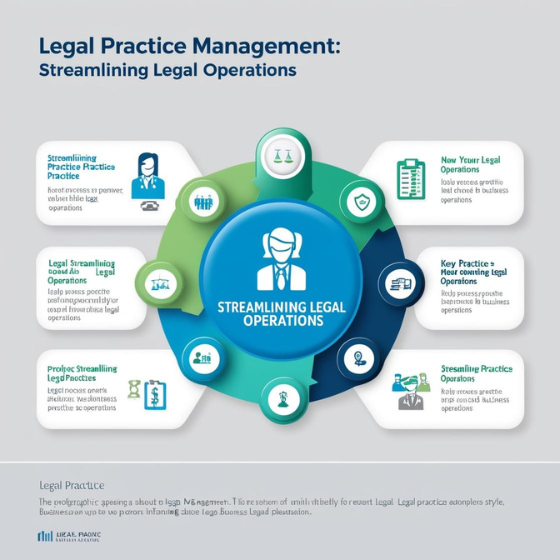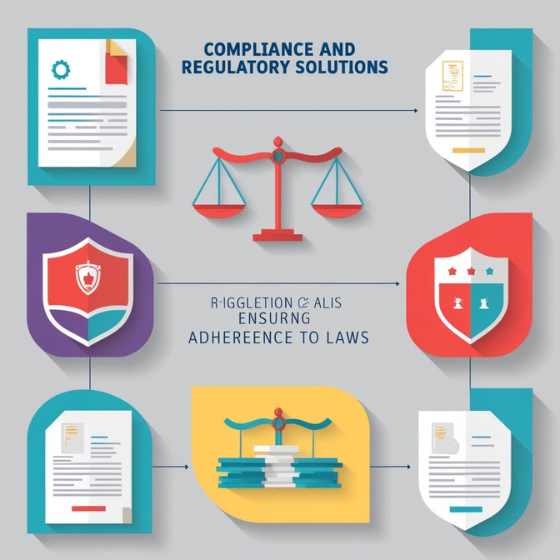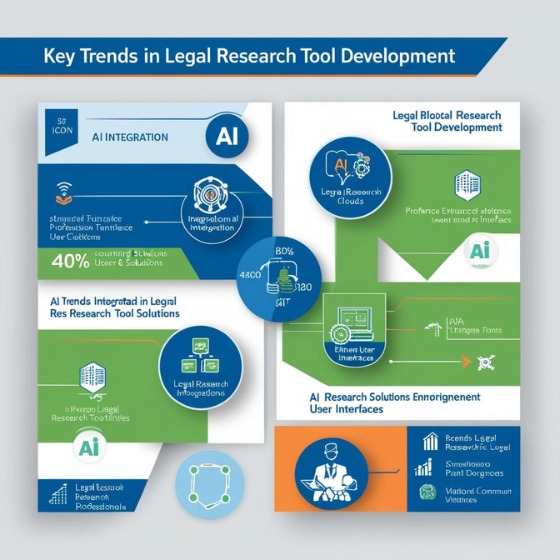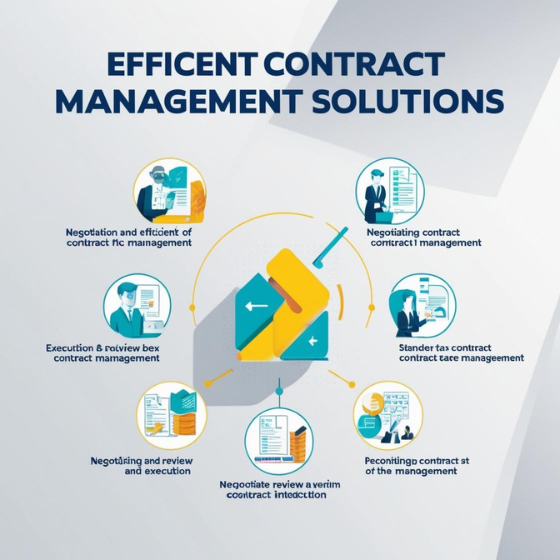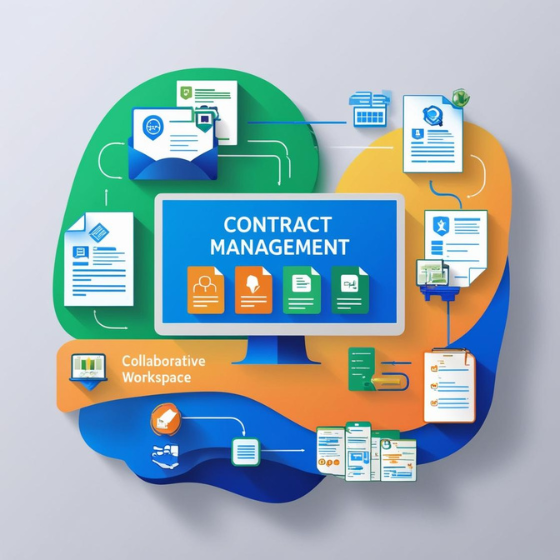Legal Practice Management: Streamlining Legal Operations
In the fast-paced and ever-evolving legal industry, efficient management is critical to success. In fact, according to the 2023 Thomson Reuters Legal Department Operations Index, 70% of legal departments reported using technology to streamline their operations. This statistic highlights a growing trend in the legal sector: the importance of legal practice management tools in improving operational efficiency, client satisfaction, and overall productivity.
In this blog, we will explore how legal practice management solutions are helping firms streamline their operations, automate tedious tasks, and optimize workflows. By the end of this post, you’ll gain valuable insights into why adopting these tools is essential for law firms looking to stay competitive, reduce administrative burdens, and focus more on client service.
What is Legal Practice Management?
At its core, legal practice management refers to the tools and systems used by law firms to manage their day-to-day operations effectively. These tools are designed to simplify various aspects of a law firm’s functions, including case management, billing, time tracking, document management, and communication.
Key Functions of Legal Practice Management Systems:
- Case Management: Organizing client files, tracking deadlines, and managing case documents in one place.
- Time and Billing Management: Tracking billable hours, generating invoices, and managing payments.
- Document Management: Storing and organizing legal documents to ensure easy access and collaboration.
- Client Communication: Enhancing communication with clients through automated updates and reminders.
- Task Automation: Automating repetitive tasks such as document creation and scheduling to increase productivity.
By implementing a legal practice management system, firms can reduce the time spent on administrative tasks, improve communication, and ensure better management of their resources.
Why Streamlining Legal Operations Matters
For law firms, effective legal practice management isn’t just about adopting technology – it’s about improving overall operations to create a smoother, more efficient workflow. Below are some of the key reasons why streamlining legal operations is crucial for law firms today.
1. Increased Efficiency and Productivity
A legal practice management system centralizes all aspects of case management, time tracking, billing, and document storage in one platform. This allows lawyers and their teams to spend less time searching for information, managing paperwork, or manually inputting data, enabling them to focus more on practicing law and serving clients.
For instance, tools like automated document generation can drastically reduce time spent drafting standard contracts or legal notices. Similarly, automated reminders can help ensure that no deadlines are missed, reducing the risk of costly errors.
2. Improved Client Satisfaction
In today’s competitive legal market, clients expect quick responses and transparent billing. Legal practice management systems help firms meet these expectations by providing real-time updates, clear invoicing, and enhanced communication. Clients can easily track the status of their cases and see the progress made without needing constant follow-ups.
For example, a cloud-based legal practice management system can allow clients to access their case files online and receive notifications of updates. This transparency builds trust and strengthens the client-firm relationship.
3. Enhanced Collaboration and Communication
Legal practice management systems also improve collaboration among attorneys and staff. Features like shared calendars, document management, and team messaging tools enable everyone in the firm to stay on the same page, regardless of where they are located. This is especially valuable for firms with remote or hybrid work environments.
Furthermore, legal practice management platforms often include secure communication features that allow for encrypted messaging and file sharing, which helps law firms stay compliant with data protection regulations.
Choosing the Right Legal Practice Management Software
Now that we understand the importance of legal practice management in streamlining operations, the next step is selecting the right software for your firm. There are various tools on the market, and each offers different features. Here are some key considerations when choosing legal practice management software:
1. Customization and Scalability
Every law firm has unique needs, so it’s important to choose a legal practice management solution that can be tailored to your specific requirements. Whether you run a solo practice or a large law firm, the software should be scalable and customizable to adapt to your growing business needs.
- Customization: The system should allow for customized workflows, document templates, and billing structures that match your firm’s operations.
- Scalability: As your practice grows, you may need to add more users, integrate additional features, or expand functionality. Make sure your chosen software can scale with you.
2. Integration Capabilities
Legal practice management systems need to seamlessly integrate with other tools and systems your firm uses. This could include accounting software, document storage platforms, or CRM systems.
- HR Software Integration: Streamlining internal operations is equally important. Ensure your legal practice management system can integrate with your HR software to simplify employee management.
- Billing and Payments Integration: Connecting your practice management system with payment gateways will streamline the invoicing process, making it easier for clients to pay their bills online.
3. Security and Compliance
As law firms handle sensitive client data, security should be a top priority. Choose a legal practice management system that provides strong encryption, secure file storage, and data protection features to meet compliance regulations.
- Encryption and Backup: Ensure the system offers encryption for sensitive documents and regular backups to prevent data loss.
- Regulatory Compliance: Some tools offer features to help your firm comply with industry-specific regulations such as GDPR, HIPAA, or the ABA Model Rules of Professional Conduct.
Best Practices for Streamlining Legal Operations
Implementing a legal practice management system is just the beginning. To maximize its benefits, law firms should follow best practices that ensure smooth adoption and operation. Here are a few best practices for streamlining legal operations:
1. Provide Staff Training
When introducing new legal practice management software, it’s important to invest in proper training for all team members. Everyone from junior staff to senior attorneys should understand how to use the system to its fullest potential.
- Ongoing Training: Technology evolves quickly, so offering regular training sessions will ensure that your team remains up-to-date on new features and best practices.
2. Automate Routine Tasks
To truly streamline operations, automate as many routine tasks as possible. From generating client invoices to scheduling appointments, automating repetitive tasks can save your team valuable time.
- Document Automation: Use templates to automatically generate standard legal documents and contracts.
- Calendar Integration: Sync your legal practice management system with your calendar to automatically schedule meetings, deadlines, and reminders.
3. Regularly Evaluate the System
As your firm evolves, so should your legal practice management system. Regularly evaluate how well the system is meeting your needs and make necessary adjustments to improve efficiency.
- Feedback from Team Members: Collect feedback from staff and attorneys to identify any pain points or areas for improvement.
- System Upgrades: Ensure your software is up-to-date and explore new features that could benefit your firm.
Conclusion: Why Legal Practice Management is Essential for Your Firm
Efficient legal practice management is key to the success of modern law firms. By streamlining daily operations, improving client communication, and automating routine tasks, firms can focus on providing high-quality legal services rather than getting bogged down by administrative duties.
At Sodio, we specialize in providing innovative solutions that help businesses, including law firms, optimize their operations and embrace the power of technology. If you’re looking to improve your firm’s efficiency with tailored legal practice management systems, contact us today for a consultation.
